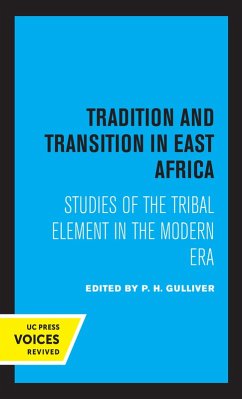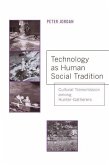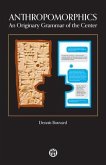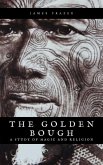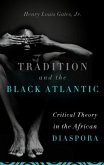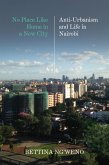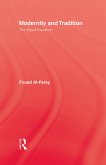Tradition and Transition in East Africa brings together leading anthropologists, historians, linguists, sociologists, and political practitioners to interrogate the role of "the tribal factor" in shaping East Africa's modern era. Originating in the School of Oriental and African Studies' African Seminar (1966-67), the essays collectively explore how tradition and modernization intertwine across politics, law, language, education, and economic development. The first part situates the persistence and transformation of "tribe" in broad, comparative contexts, including reflections on nationalism and the legacies of European colonial categories. The second part grounds the discussion in case studies of rural and urban life, special regional contexts such as Somalia and Buganda, and even moments of violent conflict such as the Konzo revolt against the Toro in Uganda. Together, the contributions highlight the complexity of tribal identities-not as static survivals but as dynamic social, political, and cultural forces embedded in processes of nation-building, modernization, and contestation. Editor P. H. Gulliver emphasizes that the symposium does not claim exhaustive coverage of East Africa's social realities; rather, it offers analytically sharp and empirically grounded insights into one of the region's most debated features. Rejecting euphemisms, contributors employ the term "tribe" as a necessary tool of analysis, while remaining attentive to its contextual meanings and potential distortions. The essays reveal how tribal identities intersect with modernization in both opportunity and crisis: as resources for social solidarity, as flashpoints of disunity, and as frameworks through which leaders and citizens alike negotiate questions of authority, innovation, and belonging. By juxtaposing disciplinary approaches and lived perspectives, Tradition and Transition in East Africa illuminates how the interplay of tradition and transition continues to shape the search for unity, legitimacy, and development in a rapidly changing region. This volume remains a critical reference for scholars of African studies, political anthropology, and postcolonial nation-building. This title is part of UC Press's Voices Revived program, which commemorates University of California Press's mission to seek out and cultivate the brightest minds and give them voice, reach, and impact. Drawing on a backlist dating to 1893, Voices Revived makes high-quality, peer-reviewed scholarship accessible once again using print-on-demand technology. This title was originally published in 1969.
Dieser Download kann aus rechtlichen Gründen nur mit Rechnungsadresse in A, D ausgeliefert werden.

